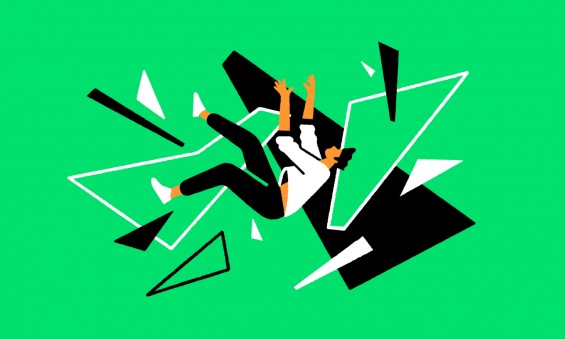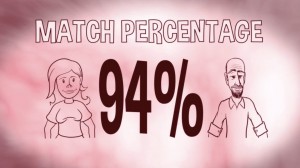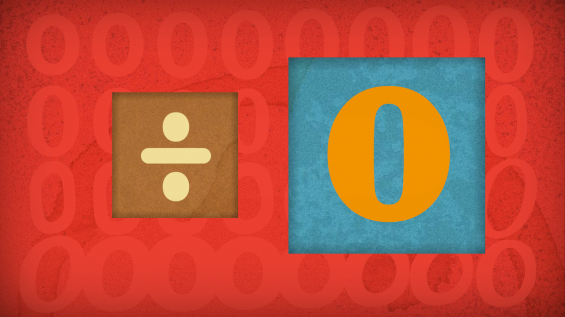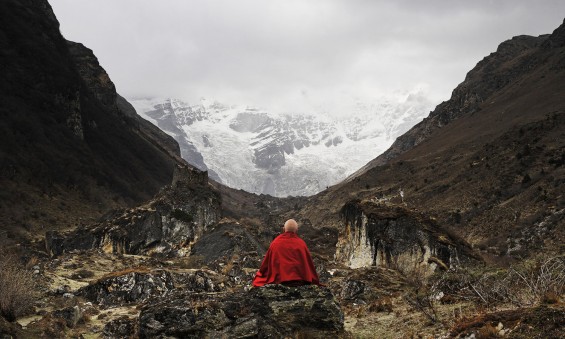
Meet the Animator – Jessica Oreck talks to TED-Ed about the Mysteries of Vernacular
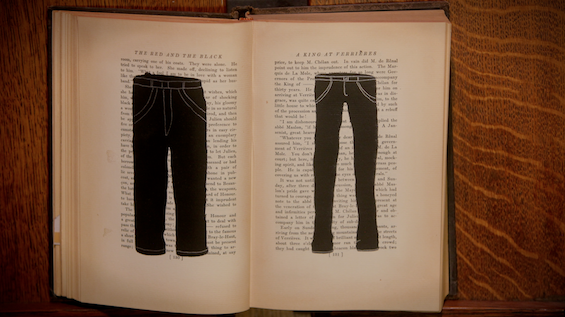
The mystery of pants finally solved.
This week, TED-Ed is excited to roll out a featured mini-series all about the wacky way that words evolve. All those questions you have about the English language, where words come from, and why we say the things we do. Why do we drive in a parkway and park in a driveway? Why do we say that something is noisy? Why is a single pair of pants called pants and not pant? If you think about it, English is full of strange words that each hold fascinating and often epic histories.
In the spirit of these histories, we’re diving deeper into the world of words with our new featured series, aptly named ‘Mysteries of Vernacular.’
For a taste of these Mysteries of Vernacular, here’s the story of the word Clue.
TED-Ed caught up with animator and creator of Mysteries of Vernacular, Jessica Oreck, and asked her about the root of her obsession with word origins, animation, and which letter is the most troublesome of the bunch.
1. How did you get interested in these sorts of linguistic origin stories?
I’ve always been interested in the origins of seemingly inane traditions – the way we do things that seem entirely natural and obvious, but we don’t remember why. In a way, language is like that. It’s full of strange letters that carry the heavy weight of meaning. Sound symbolism, onomatopoeia, folk etymology – I find these things fascinating. And because they’re such an inseparable part of our world, they’re all that much harder to see. I love taking something that seems completely ordinary and showing how it is actually extraordinary.
2. Do you have a favorite so far? Which one and why?
I think my favorite so far might actually be Noise (to be released on Friday!). I like the variety of the animation in the episode, but also because I am sensitive to sounds and very susceptible to motion sickness, the word feels especially close to my heart.
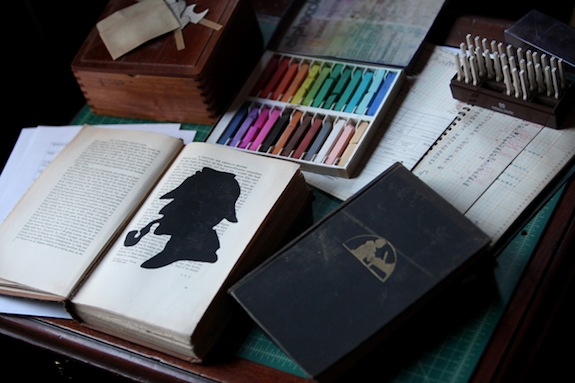
Building the Mysteries of Vernacular book. Photograph by Jessica Oreck
3. How did you settle on the paper and book as the style for these animations?
It’s impossible for me to say. When I come up with an idea for a project, I see the whole thing, from start to finish – the way it will look, the way it will sound – like it already existed in my head. I always feel like I am just channeling the idea – almost as if it has nothing to do with me. Sometimes it makes me feel a bit like a fraud, because I don’t really have a memory of the genesis of the idea.
4. How did you learn to animate in the first place?
I took a few animation classes in college, but I think just diving in and trying stuff out is how I really got started. I am constantly surprised by the truth of the idiom, “Practice makes perfect.” I don’t have any delusions of perfection with my work, but I do think I improve with every project.
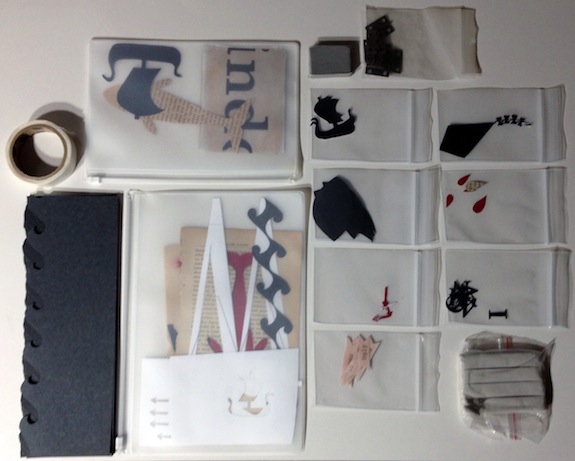
All the pieces for the animation organized before Jessica starts animating. Photograph by Jessica Oreck
5. What’s the hardest letter to write a script for?
L. That’s the only script we haven’t finished. Rachael and I have both written different versions for different words, but we’re still searching for the script (and word) that feels right.
6. If you had one piece of advice for an aspiring animator or creative student, what would it be?
Dive in.

Jessica animating in her office. Photograph by Bill Ross
Over the next months, TED-Ed will be the home for Jessica’s detective work and animations. On Friday, we’ll debut the first new episode on how exactly loud sounds came to be called noise. Come back for more mysteries, and more clues to their histories, as we bring you a whole alphabet’s worth of vernacular spectaculars.
